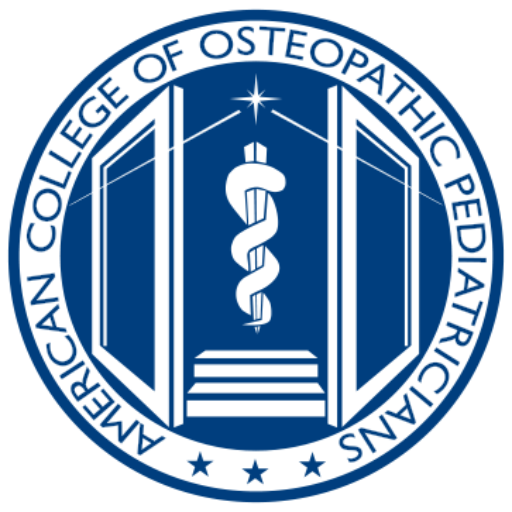According to a Williams Institute report1, as of February 2020 there were 8 states either introducing or considering legislation that would limit access to gender affirming health care to American transgender youths, some going as far as to referring parents to child welfare services if they are found to have been supporting such care for their child. The number of states considering these harmful laws increased, and the first of such laws reached the Governor’s desk in the state of Arkansas.
After a moment of hope during which Republican Governor Asa Hutchinson vetoed the bill calling it a “vast overreach of politicians” and a direct response to a culture war, both chambers of the Arkansas legislature voted overwhelmingly to override this veto and force the Saving Adolescents From Experimentation Act (SAFE Act)2 into state law. This act now makes it illegal for physicians to provide gender affirming care or to refer patients to other providers for gender affirming care for any individual less than 18 years of age. It also bans the use of any public funds for such care and does not allow any medical care that can be determined to be gender affirming care to be reimbursed through state programs.
While the American College of Osteopathic Pediatricians holds itself to be a non-partisan organization, with the goal of supporting osteopathic pediatricians regardless of political or religious affiliation; we as an organization is also dedicated to the advocacy and promotion of continued healthcare of all pediatric patients. On review of this law, the Arkansas SAFE Act(HB 1570), we can only conclude that this law is an extremely dangerous piece of legislation that will place an already very vulnerable population of pediatric patients at increasing risk of further physical and psychological harm.
According to the 2015 US Transgender Survey3, the most comprehensive data currently available that comprised the responses of over 27000 individuals who identified as gender non-binary or transgender, 70% of those respondents knew that they were transgender prior to the age of 18. The average age reported was 15 years old. In 2017 the Williams Institute found that 0.7% of individuals aged 13-17 identified as transgender which estimates to 150,000 teenagers, and in Arkansas 0.75% of teens the same age identify as transgender, the largest cohort of transgender individuals per capita when stratified by age groups.4
It is well documented that transgender teens carry a higher risk of homelessness, poverty, drug and alcohol abuse, involvement in sex work, mental illness and suicidality. When looking at suicide 40% of transgender individuals report attempting suicide at one point in their lives with that number increasing to 52% among those who were unsupported by their families.
One intervention that has shown to lower this level of mental and emotional distress is access to gender affirming healthcare. By passing this restrictive law, the state government of Arkansas has eliminated that option for thousands of transgender youth in the state which will certainly have a tremendous negative impact on the psychological and physical well-beings of these teens.
We strongly denounce this law urge the State of Arkansas to rescind this damaging legislation, and encourage other states considering such restrictions to remove any and all legislation from consideration. The ACOP continues to stand with our LGBTQIA+ youth and the healthcare providers working to support them as they live their authentic selves.
1: Conron, K.J. & O’Neill, K. (2020). Prohibiting Gender-Affirming Medical Care for Youth. Los Angeles, CA: The Williams Institute.
2: HB1570 Bill Information – Arkansas State Legislature (accessed 4/7/2021)
3: James, S. E., Herman, J. L., Rankin, S., Keisling, M., Mottet, L., & Anafi, M. (2016). Executive Summary of the Report of the 2015 U.S. Transgender Survey. Washington, DC: National Center for Transgender Equality
4: Herman, J.L., Flores, A.R., Brown, T.N.T., Wilson, B.D.M., & Conron, K.J. (2017). Age of Individuals who Identify as Transgender in the United States. Los Angeles, CA: The Williams Institute
